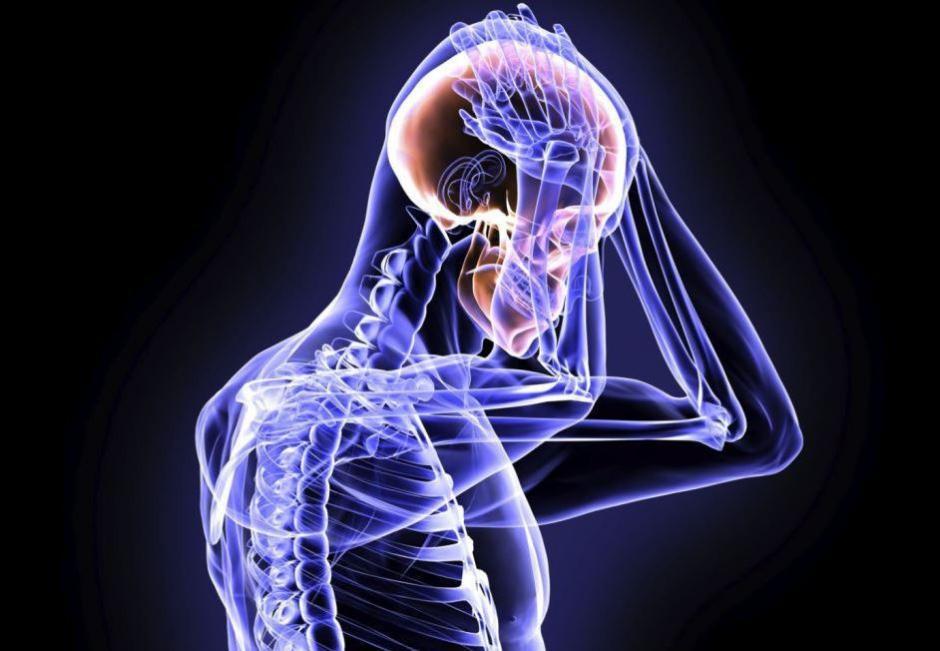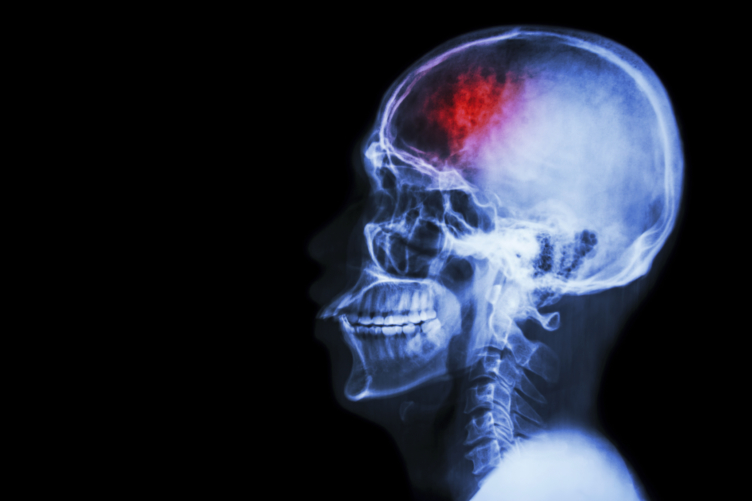Israeli researchers say cannabis can be used to treat traumatic brain injury (TBI)
Although the Israeli researchers have not yet disclosed the entirety of their findings, they are ambitious in hoping that cannabis-based medication may progress to clinical trials
Israel is a world leader in cannabis research and according to a team of Israeli researchers at the Hebrew University of Jerusalem, cannabis for traumatic brain injury (TBI) could be a good an effective treatment.
Researchers studied the effects of cannabis for TBI on rats and mice. What they discovered was incredible: Exceptionally better recovery was noticeable after cannabinoid compounds were administered to the rodents.
The endocannabinoid system (ECS) inside the human body plays an important role in shielding the nervous system from damage after a trauma has occurred. Thanks to this scientific discovery, a door has been opened for clinical trials to be conducted. Prof. Raphael Mechoulam, who is responsible for discovering the structure of psychoactive cannabinoid THC, assisted with the research for this trial on cannabis for TBI.
What are cannabinoids?

Cannabis naturally produces hundreds of chemical compounds known as cannabinoids. Two examples are THC (tetrahydrocannabinol) and CBD (cannabidiol).
Receptors contained inside the human brain and body organs form something called the endocannabinoid system, also known as ECS. University Professor Esther Shohami says that these natural cannabinoid receptors are an important role in the neuroprotective mechanism of mammals.
This particular study on cannabis for TBI involved the use of synthetic manufactured cannabinoids, which react with cannabinoid receptors in the human body’s cells just as cannabis-derived cannabinoids do.
Cannabinoids may contribute to brain protection

Researchers at Hebrew University of Jerusalem had previously conducted studies on levels of endocannabinoid 2-AG in mice that had experienced a TBI.
What exactly is the 2-AG endocannabinoid?
The 2-AG endocannabinoid is an anti-inflammatory compound that is naturally produced by the body. However, levels are usually not sufficient for shielding the brain from damage.
“When an external event like stroke or trauma occurs, the body responds by producing these molecules that should protect the brain,” said Shoami.
Once trauma had occurred, 2-AG levels appeared to be higher, according to the researchers. Why? The researchers were not quite sure.
“A high level doesn’t mean anything, what matters is what it’s there for,” Shohami added
The mice with TBI were treated with cannabis-derived 2-AG, which effectively aided them in the recovery stage.
“The brain creates protection; we wanted to mimic what the brain does, and we wanted to do it better.”
No drugs currently exist to treat TBI
 At the current time, no specific drug has been permitted for treating TBI, according to Shohami. The professor claims that the reason for this is down to the medical industry’s lack of success in producing TBI treatments between the 1990s and 2000s.
At the current time, no specific drug has been permitted for treating TBI, according to Shohami. The professor claims that the reason for this is down to the medical industry’s lack of success in producing TBI treatments between the 1990s and 2000s.
“It’s a very complex condition. Treatment has to be very carefully designed both in terms of mechanism and timing. Timing of treatment is very critical and this was the basis of failure for many of the trials,” she said.
Single doses of treatment would be necessary for TBI victims, who would need to be treated quickly after the injury occurs. Although the Israeli researchers have not yet disclosed the entirety of their findings, they are ambitious in hoping that cannabis-based medication may progress to clinical trials. Their ultimate goal is to get cannabis approved as a prescribed TBI treatment.
Shohami revealed her findings at the last year’s Cann10 International Medical Cannabis Conference, which was held in Tel Aviv.








